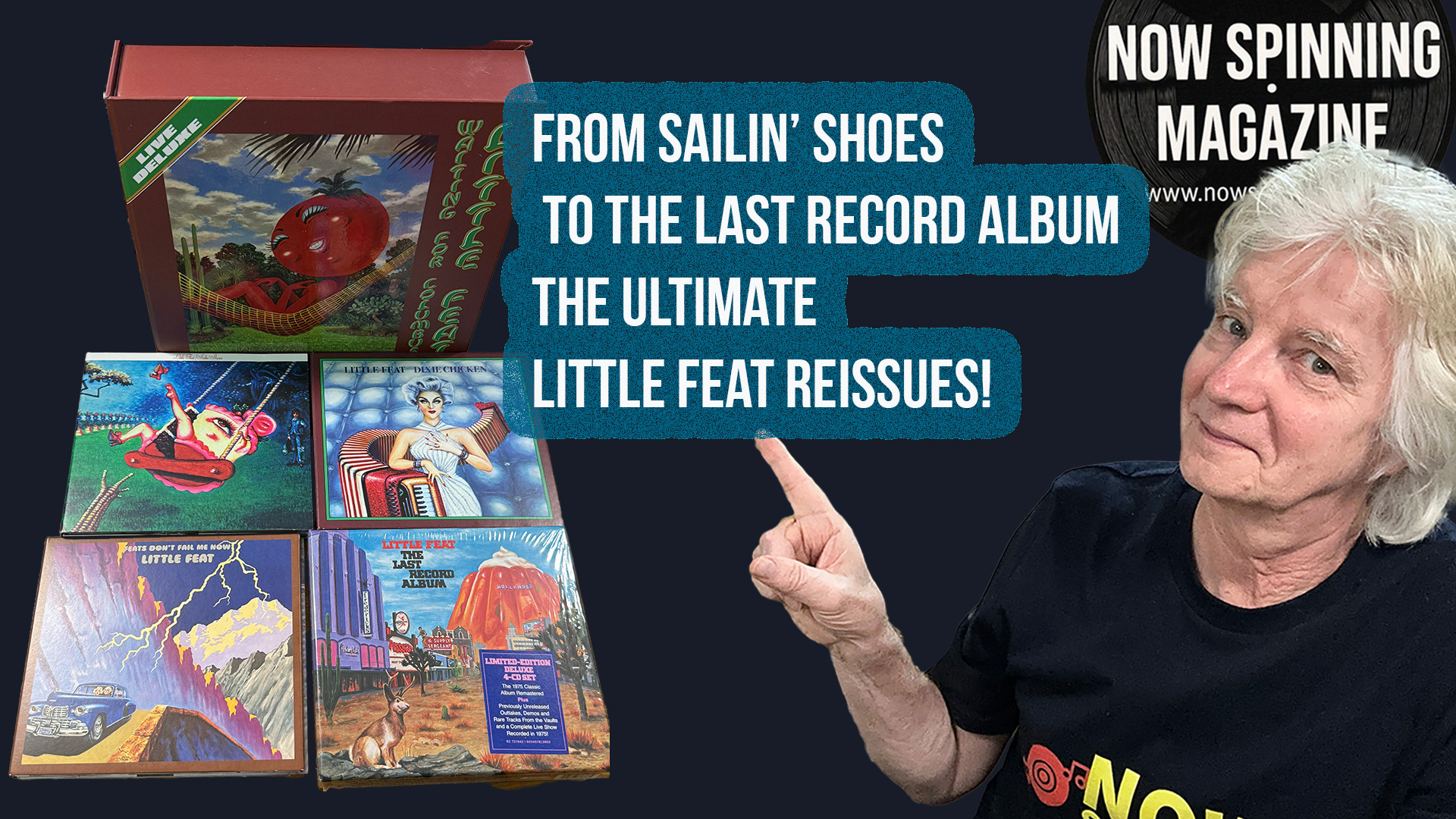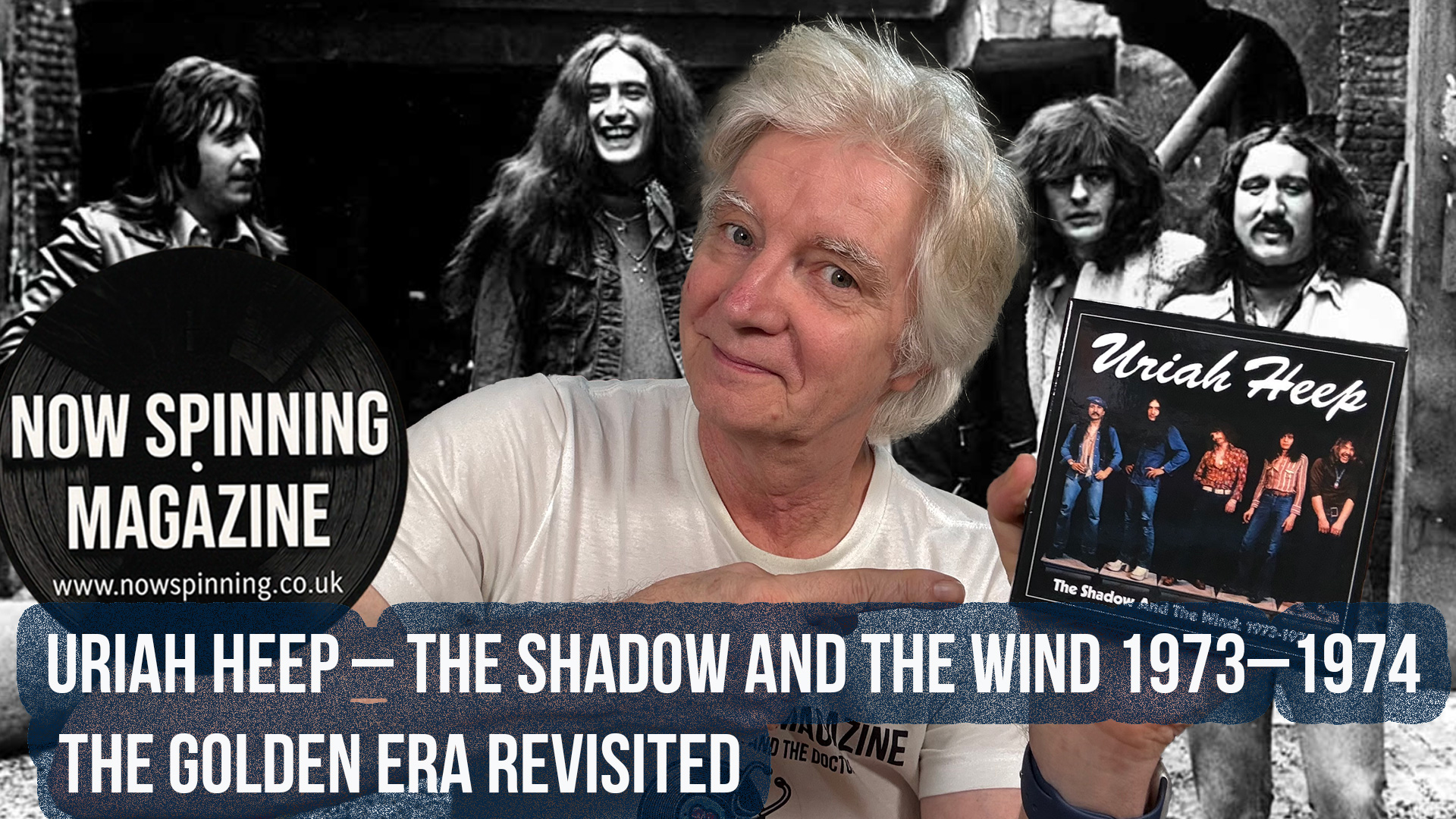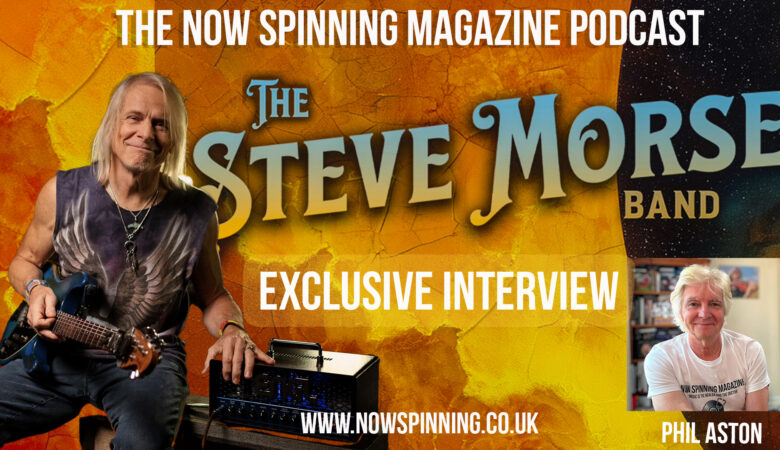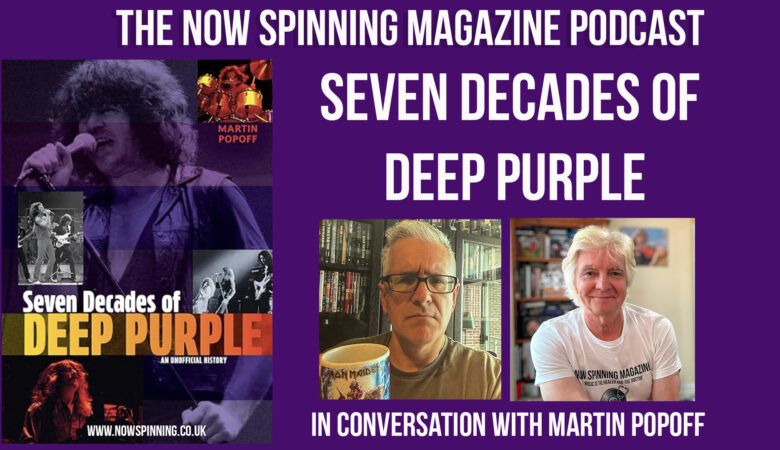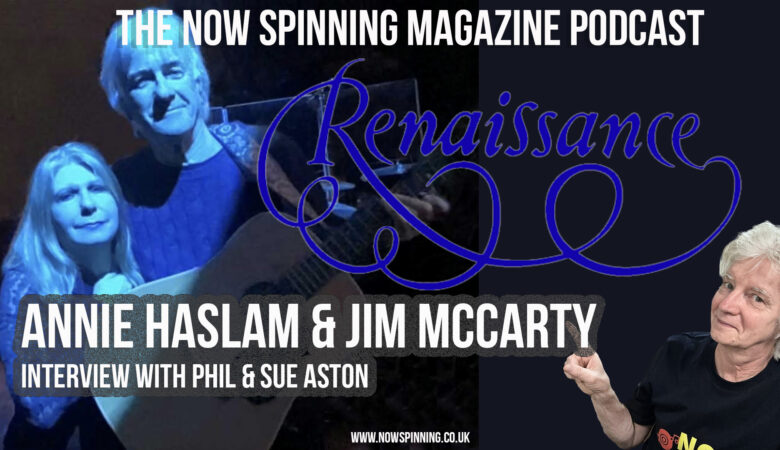Mariusz Duda on ‘The World Under Unsun’: closing the Lunatic Soul cycle with a 90-minute cinematic odyssey
There aren’t many artists who can glide between rock, ambient, electronic and filmic sound design with the grace of Mariusz Duda. As the voice, bassist and principal composer behind Riverside, Duda is already a towering presence in modern progressive music. But it’s under his Lunatic Soul banner that he explores the liminal spaces: trance, repetition, eastern folk colours, synth arpeggios, and those instantly recognisable melodic bass motifs that seem to burrow under the skin.
With The World Under Unsun (InsideOut Music, released 31 October), Duda concludes the eight-album Lunatic Soul arc with a bold, 90-minute double album that’s intimate and epic all at once—a record about inner conflict, transformation, and breaking free of toxic patterns. It’s also a statement in the streaming age: music as a full cinematic journey, not a playlist fragment.
“I still create albums for people who cherish the ritual of listening. If a film can last three hours, why can’t music take you on a 90-minute journey?”
Across these two records, Duda sets out to make what he calls a Lunatic Soul “visiting card”—a summation of the project’s DNA. You hear it everywhere: the electronics inspired by Tangerine Dream, the eastern folk inflections reminiscent of Dead Can Dance and Peter Gabriel’s Passion, the patient, trance-like builds where repetition becomes hypnosis and the room itself seems to change temperature.
Highlights abound. “Mind Obscured, Heart Eclipsed” unfurls with a classic Duda bass figure before drifting into acoustic guitars and a lonesome late-night saxophone—shapeshifting yet cohesive. “Game Called Life” rides an irresistible oriental-tinged groove, the kind of entrancing pulse that invites you to breathe with the music. “Hands Made of Lead” lets a hint of Riverside’s heft slip under the door. And then there’s “Good Memories Don’t Want To Die,” a hushed, aching ballad that may be one of the most beautiful songs Duda has ever written—quietly devastating, quietly unforgettable.
“Lunatic Soul was never the ‘bassist’s side project’. It’s the composer’s project—the place I can be completely free.”
The record also closes a conceptual circle that has threaded through the Lunatic Soul catalogue—life, afterlife, return—placing this chapter firmly on the “side of life,” between Fractured and Walking on a Flashlight Beam. Sonically,
Duda leans into sound design over solos, using texture as storytelling. When a saxophone or guitar does appear, it’s because the canvas needs that colour, not because the form demands it.
There’s a sly wink in the title and the visual identity too. Each Lunatic Soul album has its own colour code, and here Duda wanted yellow—but shadowed, “unsung,” like a sun in eclipse. It’s both striking artwork and a metaphor for the music: light and warmth partially veiled, inviting you to step closer.
Crucially, Duda hints this may be the last Lunatic Soul in its current form. Not an ending, but the end of this approach—a summation before some future rebirth where new limitations (possibly even electric guitar as a central voice) define a new language.
“I feel I’ve done everything I can with this set of tools. If Lunatic Soul returns, it should be different.”
For collectors and listeners who still value the album as a world to inhabit, The World Under Unsun is a gift: a definitive Lunatic Soul statement and a powerful reminder that music can still be a place to find calm within.
Formats: Gatefold 2LP, 2CD mediabook, and streaming. As ever, we recommend supporting the artist with a physical copy—this one rewards deep listening.
Phil Aston | Now Spinning Magazine


